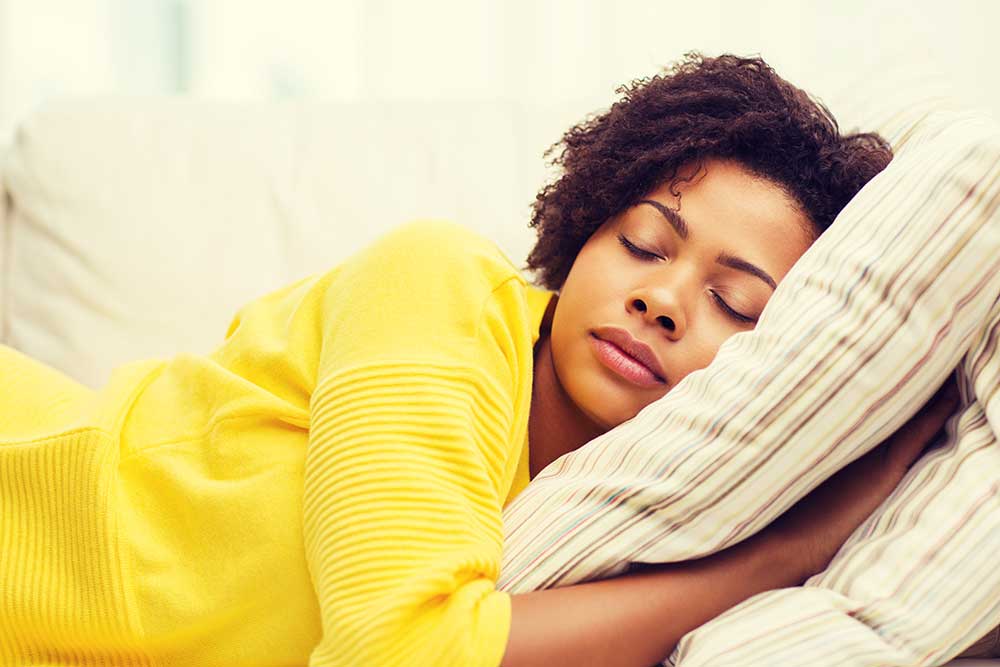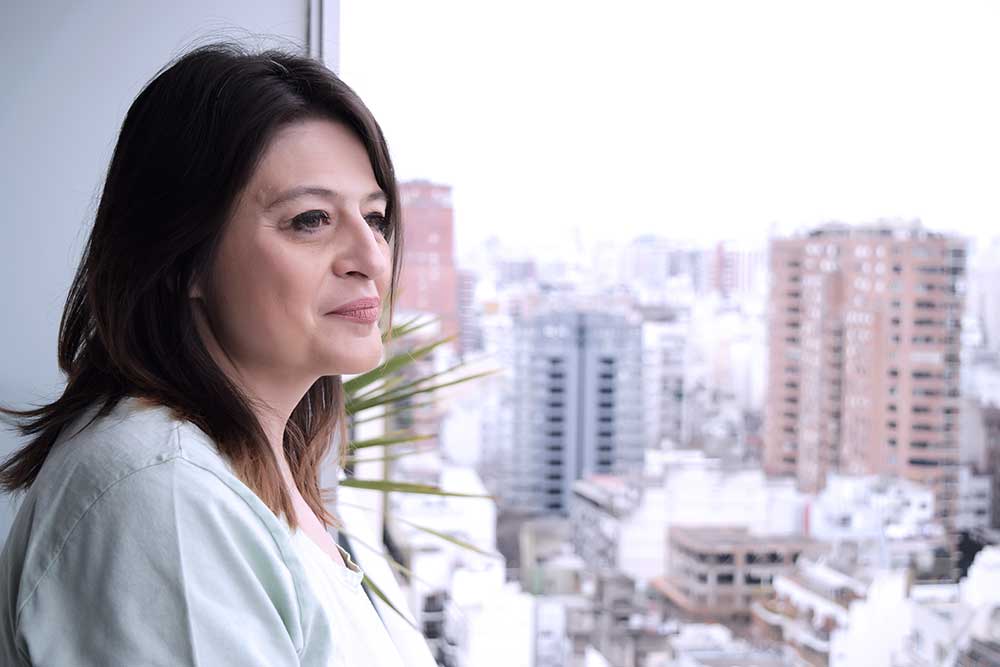Linda’s Hysterectomy Story
Type of Hysterectomy: DaVinci total hysterectomy with mini-lap assist
Age at surgery: 56
Location: Richmond, VA
I had been experiencing heavy bleeding interspersed with periods of six to eight months with no bleeding for about five years. My prior gyn had put me on progesterone to stop the bleeding and after an inconclusive biopsy and normal pap smears, it was assumed that I would eventually go into menopause and stop bleeding. Other than night sweats I was having no other menopausal symptoms.
After relocating for work, my new gyn continued to monitor things. In May 2014, I started bleeding again and it did not stop until my gyn put me on back on progesterone in July. I became very anemic due to the blood loss but quickly recovered with increased iron supplementation. My gyn did a vaginal ultrasound and diagnosed very large fibroids and I saw a surgeon to schedule a hysterectomy.
I had read an article about robotic hysterectomies (DaVinci technique). It seemed ideal for me as my husband has young onset Parkinson’s with dementia and a quick recovery was essential. I work full-time and although he is in assisted living, I spend a great deal of time outside of my work hours caring for him. The surgery was planned for Thanksgiving week when our adult children would be off work and could help care for him and me.
My surgery took place the Monday of Thanksgiving week. I was given general anesthesia and went into surgery at 1 PM for what was supposed to be a three hour surgery at most. When I woke up in the recovery room, I was told it was 9 PM and that my surgery had taken seven and a half hours. My surgeon told me that my uterus was 25% larger than any one that the surgical team had removed using the DaVinci technique before so in order to honor my need to have a minimally invasive surgery, the team had finally used a four inch mini-lap incision two inches above my belly button in order to complete the surgery. I was kept in the hospital for two days.
Immediately after the surgery, I had very little pain and ended up alternating Advil with extra strength Tylenol because I did not like the way Tylenol 3 made me feel. Unfortunately, a week after surgery, the mini-lap incision opened up and it as discovered that I had an unhealed tunnel which was 7 cm deep. Home health came in daily for three weeks to pack the incision and I continued on prophylactic antibiotics (which I was taken off of after allergic reactions to augmentin and Keflex). A wound vac had been ordered but before it arrived, I ran a 101.5 degree temperature and my surgeon put me back in the hospital where I was given broad spectrum IV antibiotics while the open incision was cultured and sensitivities were run. I was put on clindamyecin for two weeks and the wound vac which finally arrived was attached.
When after two weeks on the wound vac therapy, the tunnel only healed 1.4 cm, my surgeon wanted me to continue with the wound vac therapy. I could not make her understand my need to return to work (I was running out of leave) and that I could not work in a cubicle environment with a wound vac and not being able to shower daily. In frustration, I insisted she refer me to a wound healing center.
The wound healing center also wanted to try the wound vac for a couple more weeks but they were able to problem solve with me. I requested and my supervisor agreed that I could work at home during that period. I am scheduled to go back to work on February 9.
If the wound vac does not heal the tunnel enough, I am facing trying hyperbaric oxygen therapy. I am very concerned about this due to the risks.
During my recovery, my husband has had at least 20 falls and ended up breaking his collarbone. He was hospitalized for several days and transferred to a nursing home for skilled nursing care. I am sure the stress of all this is not helping me to heal. I am glad that the surgery is behind me and that I no longer need progesterone and have had no hormonal changes. My surgeon was pretty sure I was through menopause and the bleeding was strictly due to the fibroids which is why I agreed to a complete hysterectomy. I was frustrated that the literature is rather contradictory regarding whether women age 45 to 65 should opt for a complete hysterectomy versus a uterine hysterectomy when the surgery is due to fibroids.
Once the tunnel and open incision heals, I am sure that I will be happy I had the surgery but right now I am feeling frustrated and just want my life back.
It is important to know that your recovery may not go as planned and at least consider what you will do if complications do occur. My surgeon waited until the pre-surgical appointment less than a week before surgery to discuss whether I wanted a uterine or a complete hysterectomy which added an additional layer of stress doing last minute research with contradictory literature. This decision needs to be made early on.







